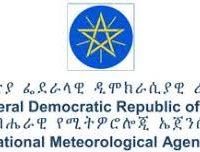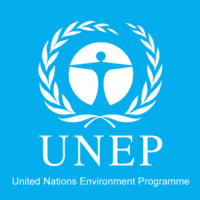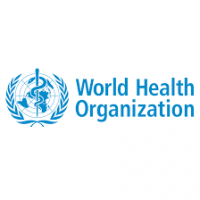The United Nations Human Settlements Programme (Habitat), established in 1978, is the lead agency within the UN system for coordinating activities in the field of human settlement development. It also serves as the focal point for monitoring progress on implementation of the Habitat Agenda – the global plan of action adopted at the Second United Nations Conference on Human Settlements (Habitat II), held in Istanbul, Turkey in 1996.
As of 1 January 2002, the UNCHS (Habitat) and its governing body has been elevated to a fully fledged United Nations Human Settlements Programme, to be known as UN-HABITAT. With its new status, UN-HABITAT will be in a better position to help governments and other partners to implement the Habitat Agenda, and to meet the Millennium Declaration’s goal of improving the lives of at least 100 million slum dwellers by the year 2020.
As a small agency with global responsibilities, UN-HABITAT needs to find ways of maximizing its impact; its resources must be focused, and policy principles and approaches must be strategic. These principles are derived from UN-HABITAT’s own experience of what works, and also from experience of its partners. National governments, local authorities, non-governmental organizations (NGOs), community organizations and the private sector are UN-HABITAT’s partners.
In addition to its advocacy and monitoring function, UN-HABITAT also plays an important role in providing technical assistance to countries and cities in the areas of urban governance, housing, environmental management, disaster mitigation, post-conflict rehabilitation, urban safety, water management and poverty reduction.









































